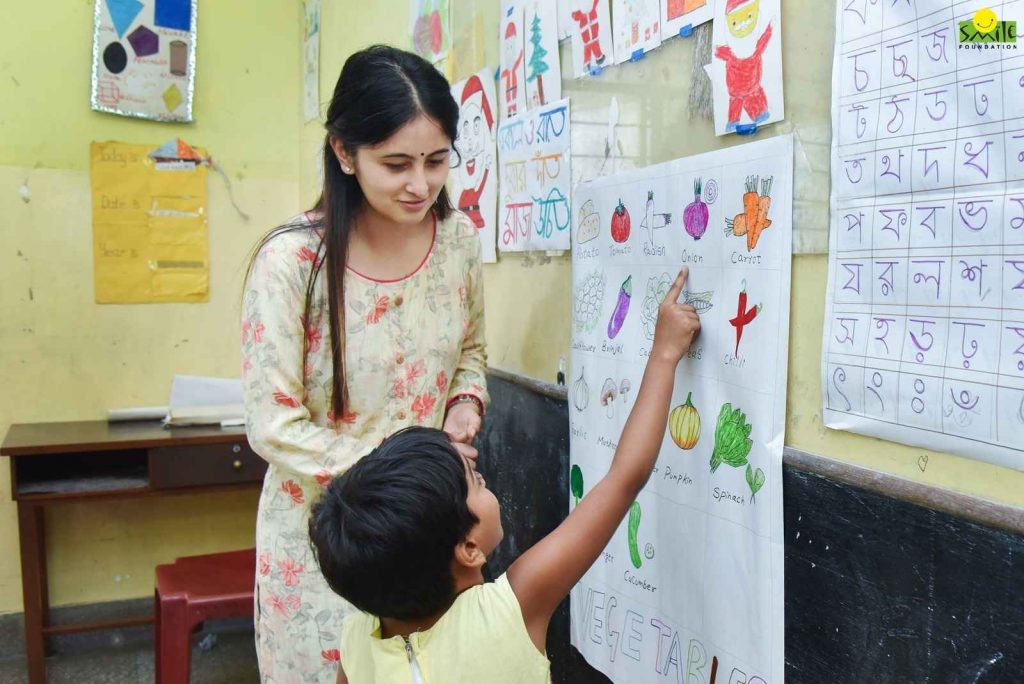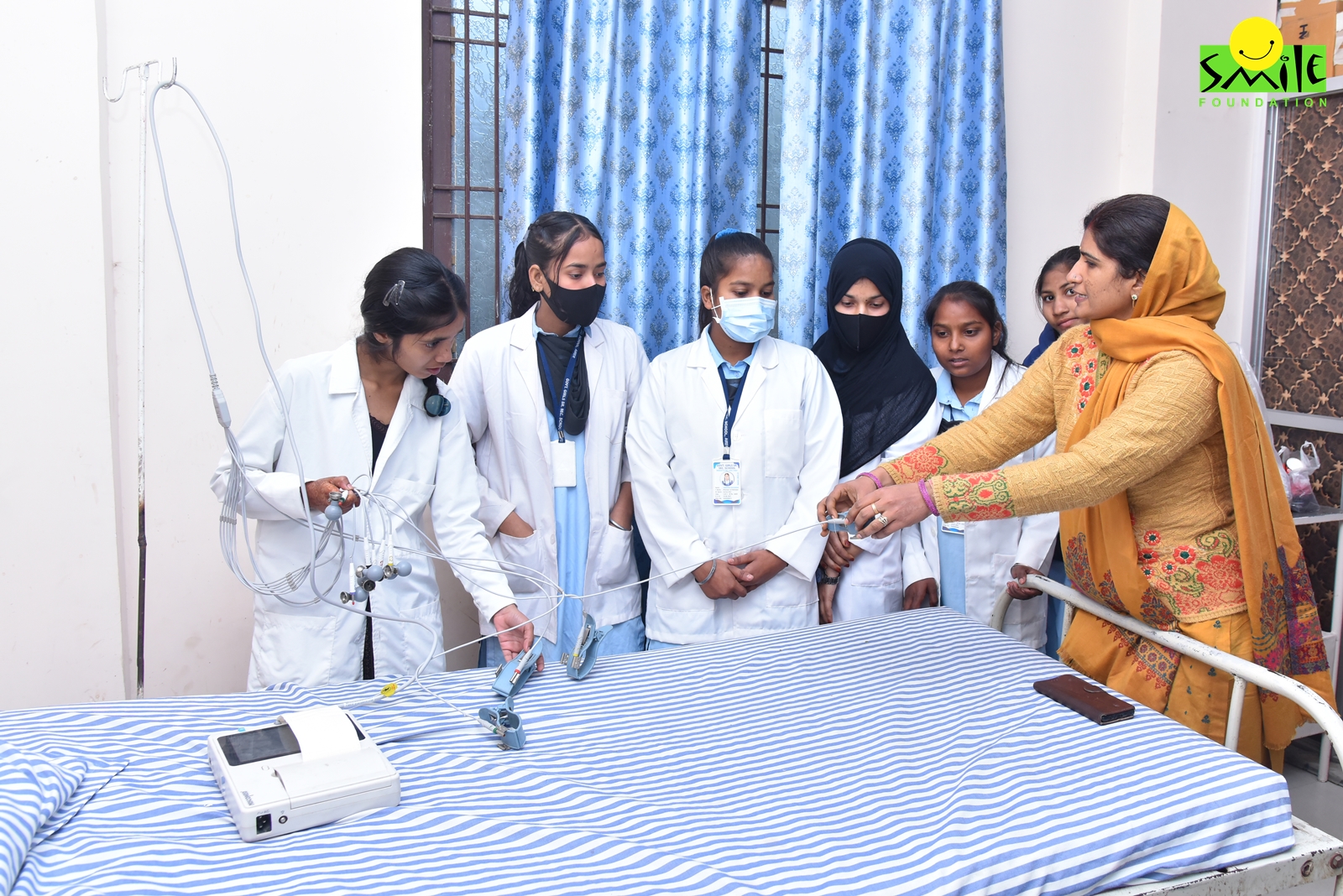India is home to over 400 million children making it a country with one of the largest populations of children. Its children are its future and one of the primary responsibilities of every state government of this country lies in providing these children with a safe environment to grow in — to protect them from any kind of harm, exploitative situations and abuse while upholding their rights.
However, it is not uncommon to encounter children being the victims of crime almost every other second.
Between 2014 and 2022, crimes against children in India rose by more than 80%, according to data from the NCRB’s CII reports. The increased rate has been reported from 25 states out of 29 while the incidents were not limited to urban areas. An RTI response published by popular media reveals an alarming rise in crimes against children in recent years, with the rate doubling post-COVID-19 pandemic. According to the information obtained in response to the application, between April 2019 and June 2024 1,10,194 child abuse complaints were received by the National Commission for Protection of Child Rights (NCPCR) with the most number from Madhya Pradesh, then Chhattisgarh, Rajasthan and Uttar Pradesh respectively.
What are the Most Common Types of Crimes against Children?
Child Trafficking
Child trafficking in India remains a critical issue, with children often trafficked for forced labour, sexual exploitation, domestic servitude and begging. Owing to different socio-economic conditions including poverty, poor economic background, social vulnerabilities and financial desperation of families, children are often subjected to child trafficking and thereby coerced into child labor and sexual exploitation. Vulnerable families are targeted by trafficking networks, who entice them with promises of better futures for their kids. These youngsters experience severe maltreatment after being trafficked, making it difficult for them to leave their situation. Trafficking victims may have lifelong psychological trauma that affects their social and emotional growth.
Child Labour
Child labour continues to plague India, being one of the biggest crimes against children, with many kids being compelled to work in dangerous conditions. These adolescent workers frequently endure long workdays, physical mistreatment and exposure to dangerous drugs. These children lack access to their fundamental rights like healthcare, education and the chance to enjoy childhood! Children who labour illegally are less likely to acquire an education, which limits their chances in the future. This contributes to the continuing cycle of poverty.
Sexual Abuse of Children
Child sexual abuse is an insidious crime that inflicts long-lasting emotional and psychological damage on its victims. Despite the prevalence of laws like the Protection of Children from Sexual Offences (POCSO) Act, the prevelance of sexual abuse is alarmingly high.
The trafficked children are misused for various purposes, as devadasis in temples, for commercial sexual exploitation, sex tourism, child pornography and so on, as part of an organised crime. Data suggests that a sizable portion of Indian children frequently experience sexual abuse at the hands of a someone they know and trust. This follows a culture of silence, out of the stigma associated with sexual abuse, which keeps many victims from coming forward.
Cyberbullying of Children
With a steady advancement of technology, newer kinds of violence against children have emerged, with cyberbullying becoming a growing online crime. Online abuse, threats and humiliation are making children victims of cyber crime, which can negatively affect their self-esteem and mental health. Bullies are frequently emboldened by the anonymity of the internet, which makes it difficult for victims to get assistance. Children who experience cyberbullying may experience anxiety, sadness and even suicidal thoughts, underscoring the critical need for awareness-raising and preventative initiatives.
Child Begging
Organised child trafficking networks and begging rings often push vulnerable children into begging on the streets. These crimes are carried out under the supervision of adults, who rely on child begging as their primary source of income, and it also opens the door for more kidnappings and abductions of children, which forces them into the so-called beggarly business. Children’s rights are violated by child begging, which also puts them in risk and puts them through maltreatment. Numerous of these kids experience malnourishment, maltreatment and limited access to essential medical care. In furtherance, children are regularly inflicted with wounds, injuries and even maimed so that they become more pitiable and therefore draw more alms from a sympathetic passerby on the streets.
Child Marriage
Child marriage is nevertheless rampant across India, despite the Prohibition of Child Marriage Act (2006) following a variety of socio-ecological variables, such as regressive societal norms and structural inequality. Child marriages are closely associated with poverty and are likely to add into the existing vulnerabilities faced by girls. Young girls, who are married off underage, are socially isolated and cut off from their friends, family and other networks of support – and are likely to be subjected to sexual assaults. They could be more vulnerable to having fewer options for access to quality healthcare, healthy physical and emotional state of mind and education.
How do these Crimes impact Children?
The trauma from abusive behaviour has a life-long impact on a child’s growth and development process. For victims of violence, there are long-term negative health, social and economic repercussions, such as– mental and physical health issues, increased risky behaviours, exposure to additional violence, physical injury-related disability, decreased health-related quality of life, lower educational attainment and lower levels of adult economic well-being.
Through its many initiatives, Smile Foundation is committed to tackling issues that plague the children of India and crimes that disproportionately affect girls– to secure a more just future for the youth. By helping girls have access to quality healthcare, education and life skills, Smile’s ‘She Can Fly’ initiative helps fight discrimination and exploitation. Through these interventions, we address critical social issues like child labour, human trafficking and early marriage by creating a safe environment for children to flourish.









